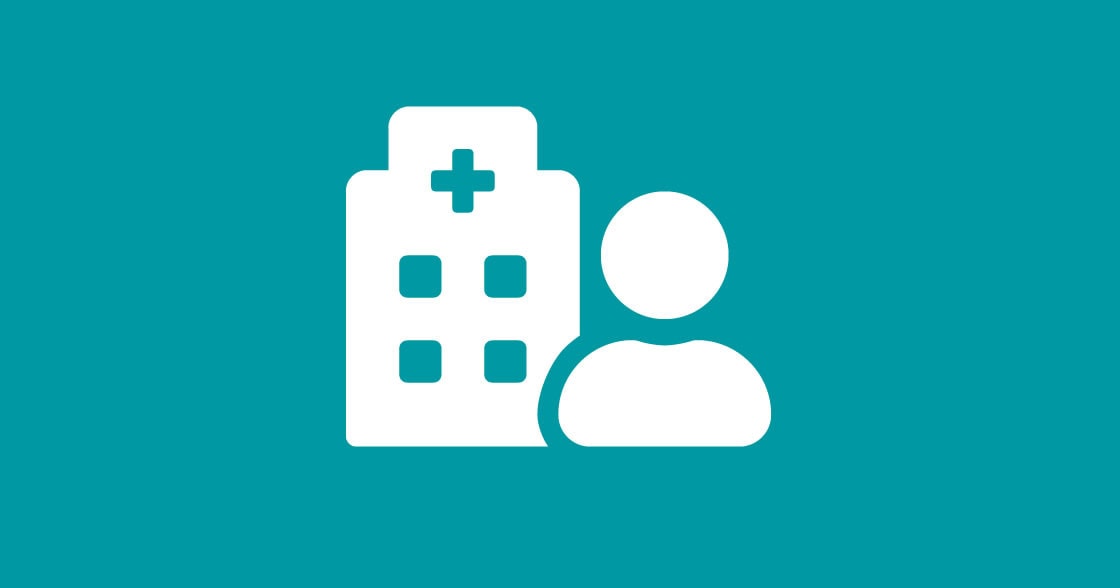THIS IS AN ARCHIVED PAGE. The advice and information contained in this page may not be current and it should only be used for historical reference purposes.

Cantabs are being reminded to come to their DHB appointments
Canterbury DHB is well on its way to reinstating planned care – meaning we’re continuing to reschedule appointments, based on clinical priority, that were postponed as the country went into lockdown to slow the spread of COVID-19.
Canterbury DHB Chief Medical Officer, Dr Sue Nightingale says at Alert Level 2 the risk from COVID-19 is greatly reduced and we have resumed many of our services with additional strict precautions to keep everybody safe. The DHB anticipated being at 85 percent of capacity within four weeks of coming out of lockdown – and has already achieved that goal.
“Now we are confident that we can provide care without exposing people to the risk of getting COVID-19 in our facilities, we want to get back on track with people’s care plans as soon as we can – but as we make new appointments for you, we really need you to attend and allow us to pick up where we left off with your care without further delay.
“For some people the way we provide that care has changed, so that they can still receive care when and where they need it. More consultations will occur over the phone or by video link for example, to avoid unnecessary person-to-person contact.
“However, there are many circumstances when we do need to see you in person – for some time to come we will only make that kind of appointment where it’s essential. When you do come to your appointment you will find that a few other things have changed too,” says Dr Nightingale.
To meet Alert Level 2 physical distancing requirements, we continue to restrict the number of visitors entering the premises and people who enter the hospital have their details recorded for contact tracing purposes.
“We apologise if these measures cause any inconvenience, but please remember our priority, as always, is to provide you with the best possible care while keeping you safe,” Dr Nightingale says.
If you get a message about a new outpatient appointment or in relation to planned surgery, it’s important you attend. These appointments are part of helping you stay well or recover faster. If you have any difficulty attending, please let us know and we will do our best to work with you to find a more suitable time.
It also helps others and our health system if you let us know in advance if you can’t make your appointment – we can then give that timeslot to someone else and so make sure we can make the most of the clinical time available.
In summary:
- We are making new appointments to resume people’s planned care.
- For the sake of your health, please make sure you do attend – and let us know if you can’t.
- Expect to see and experience increased infection prevention measures in all our facilities for some time to come – this is to protect and reassure everybody.
- If you have cold or flu-like symptoms, please call ahead of your appointment to ask for advice.
Additional information – how we are keeping people safe
Besides reducing face-to-face appointments to those that are really necessary, other precautions include:
- Increased cleaning, especially toilets, food areas and surfaces that many people touch such as door handles and hand rails, furniture, public phones etc.
- Restricting the number of entrances to DHB facilities to ensure everyone who arrives is checked to ensure they are well.
- Recording all visitor and support persons’ details in case we need to do contact tracing later.
- Reducing the number of people in clinics at any one time so people can stay far enough apart in waiting rooms.
- Having information and warnings on display where appropriate – for example the physical distancing requirements.
- Providing hand sanitiser in prominent places, including entrances and in wards or treatment areas and asking people to wash or sanitise their hands.
ENDS

